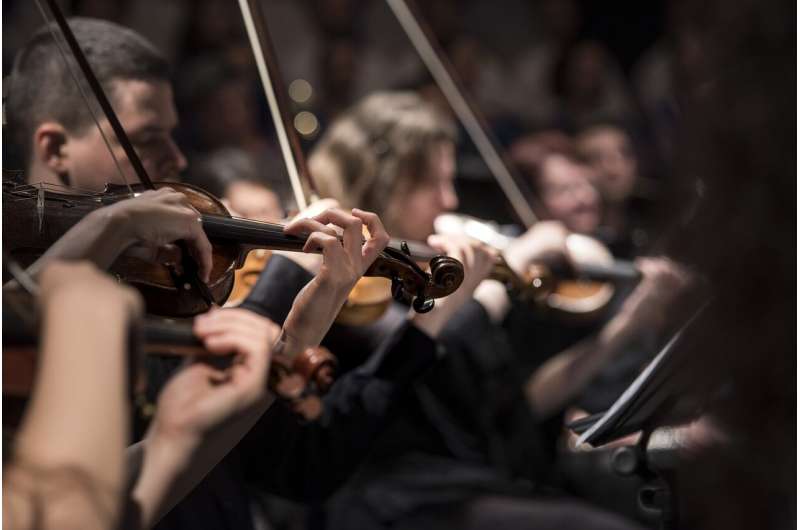Can improvisation bring audiences back to classical music?

When classical musicians improvise, audiences' brainwaves reveal they are more engaged and rate the performances higher.
Improvising a classic piece of music may seem "against the rules," but it was the norm in performances before the twentieth century. And as classical music audiences decline, new research shows it could be one way to engage audiences old and new.
A new study by Imperial College London and the Guildhall School of Music & Drama reveals improvisation changes how musicians, and their audiences, experience a performance.
When a piece is played with improvisatory elements, the team found a significant increase of brain signal complexity in both the musicians and their audience, which can be associated with higher levels of alertness and awareness.
These brain changes were measured by EEG (electroencephalogram), but audiences were also surveyed, and rated the improvised performances higher.
Professor Henrik Jeldtoft Jensen, Head of the Centre for Complexity Science at Imperial, said: "This is a very clear result that improvised music simply leads to a higher level of awareness."
More information: David Dolan et al. The Improvisational State of Mind: A Multidisciplinary Study of an Improvisatory Approach to Classical Music Repertoire Performance, Frontiers in Psychology (2018). DOI: 10.3389/fpsyg.2018.01341


















